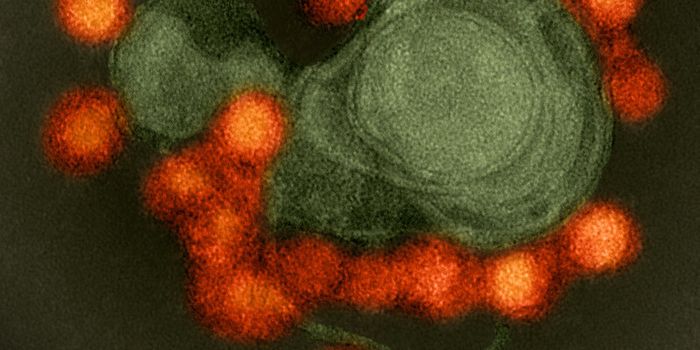What's a T Cell COVID Vaccine and Could It Be Better Than What We Have?
All vaccines train the immune system to recognize and wage war against pathogens such as viruses and bacteria. However, vaccines differ in how they deliver the 'training material' and which immune cells they target.
One of the main concerns about the vaccines currently authorized for use (such as the Pfizer/BioNTech and Moderna) is that their immunologic protection could diminish over time. Public health officials say the solution is to administer a vaccine booster dose.
"Authorizing the use of a single booster dose of either the Moderna or Pfizer-BioNTech COVID-19 vaccine for individuals 18 years of age and older helps to provide continued protection against COVID-19, including the serious consequences that can occur, such as hospitalization and death," said the FDA in an official statement.
However, a newly-developed second-generation vaccine could eliminate the need for boosters by offering sustained, longer-lasting immune protection in those who receive it. This technology, known as a T cell vaccine, is administered as a skin patch. Unlike the current COVID-vaccines, which shield against infection via an antibody response, T cell vaccines activate virus-killing T cells to do the job. As soon as a virus gains entry, T cells rush to the scene and clear them in what scientists are calling "abortive infections."
One of the benefits of the T cell vaccine approach is that it is more resistant to mutational changes in the virus over time. Antibodies work by recognizing specific molecular features on SARS-CoV-2. However, as these features transform due to mutations, antibodies lose sight of their targets, and their activity recedes.
According to Emergex, the drug developer pushing a T cell COVID vaccine towards the clinic, figuring out an optimal delivery mechanism for the vaccine was a challenge. Researchers ended up with a design that uses gold nanoparticles studded with viral proteins that sit on a bed of micro-needles. These are affixed to a small plastic patch applied to the skin's surface, releasing the vaccine's active ingredients in seconds.
The skin patch has a significant leg up over existing COVID vaccines in terms of how easy it is to distribute widely. The patches are stable at room temperature for up to three months (unlike temperature-sensitive mRNA vaccines that require cold storage).
Interestingly, T cell vaccines have a broad range of potential applications beyond just coronavirus. An ongoing clinical trial is investigating whether T cell vaccines can effectively protect against dengue fever. The drug developer is also looking to use a similar technology to defend against influenza, Zika, and Ebola viruses.
-
APR 30, 2024Immuno-Oncology Virtual Event Series 2024
-
MAY 07, 20243rd International Biosecurity Virtual Symposium
-
JUN 06, 2024The Future of Scientific Conferencing
- See More


















































